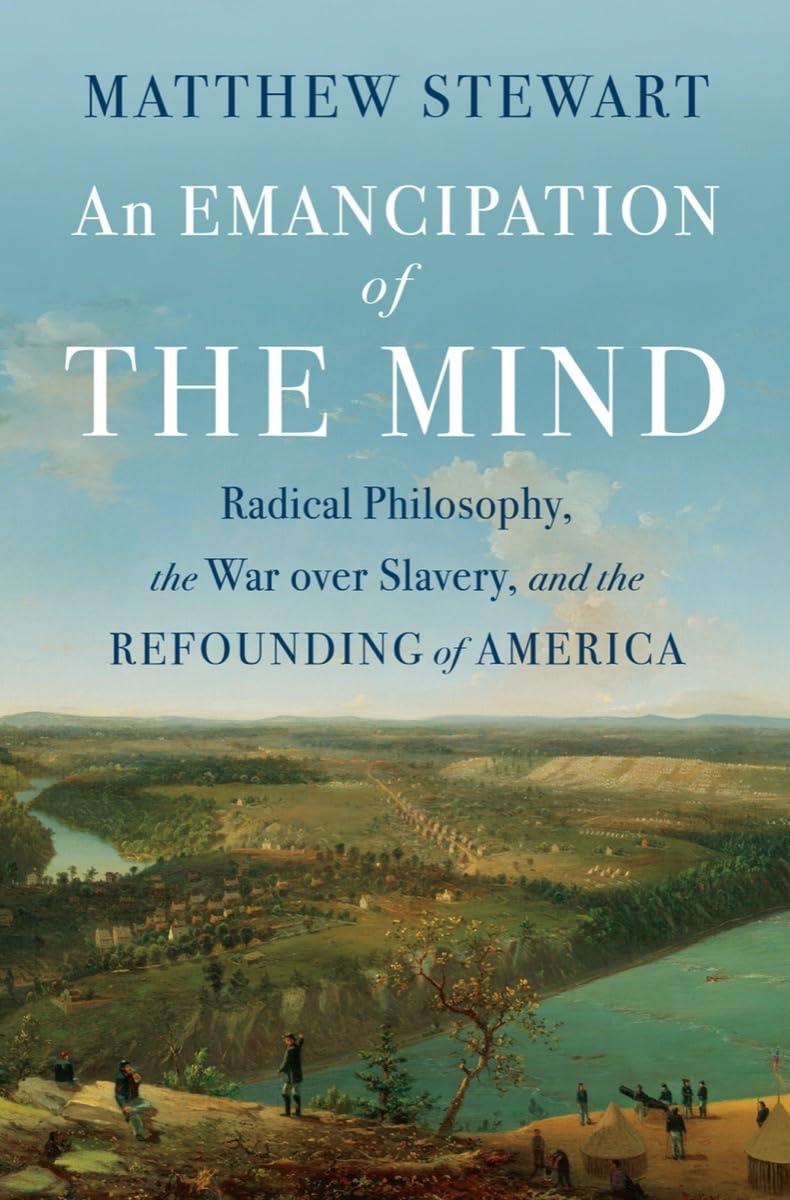Abraham Lincoln was born at the end of what we might call “the long Enlightenment,” and in many ways he remained a man of the Enlightenment for the rest of his life. Remember that when Lincoln was born in 1809 Thomas Paine (of Common Sense and The Age of Reason) and Franz Josef Haydn were still alive, and Thomas Jefferson was still president of the United States. Three decades later, in his Lyceum Address, Lincoln was warning that “the pillars of the temple of liberty” must be “hewn from the solid quarry of sober reason…. Reason, cold, calculating, unimpassioned reason, must furnish all the materials for our future support and defence.”
But for many of his contemporaries, reason had grown boring, bloodless, and overdrawn. These doubters were the prophets of Romanticism, and for the Romantics passion and not reason was the chief pledge of sincerity. This was true not only in art and literature but in politics as well, as the Romantics moved political life into the realm of mysterious, non-rational factors like soil, blood, nationality, or class. “Time, place and national character alone,” declared Germany’s Johann Gottfried Herder, “govern all the events that happen among mankind, as well as all the occurrences in nature.”
Lincoln could not have disagreed more. For him, “life, liberty and the pursuit of happiness” were neither an American cultural accident nor the residue of British common law but instead rested on a self-evident universal truth which it had simply fallen to Americans to hold up as its best example. That truth, he proclaimed in one speech, “is the electric cord…that links the hearts of patriotic and liberty-loving men together,” and “that will link those patriotic hearts as long as the love of freedom exists in the minds of men throughout the world.” Listen to the voice of reason, Lincoln pleaded on the eve of civil war, and “let us do nothing through passion and ill temper.” At that moment, passion was the enemy, and “though passion may have strained, it must not break our bonds of affection.”
